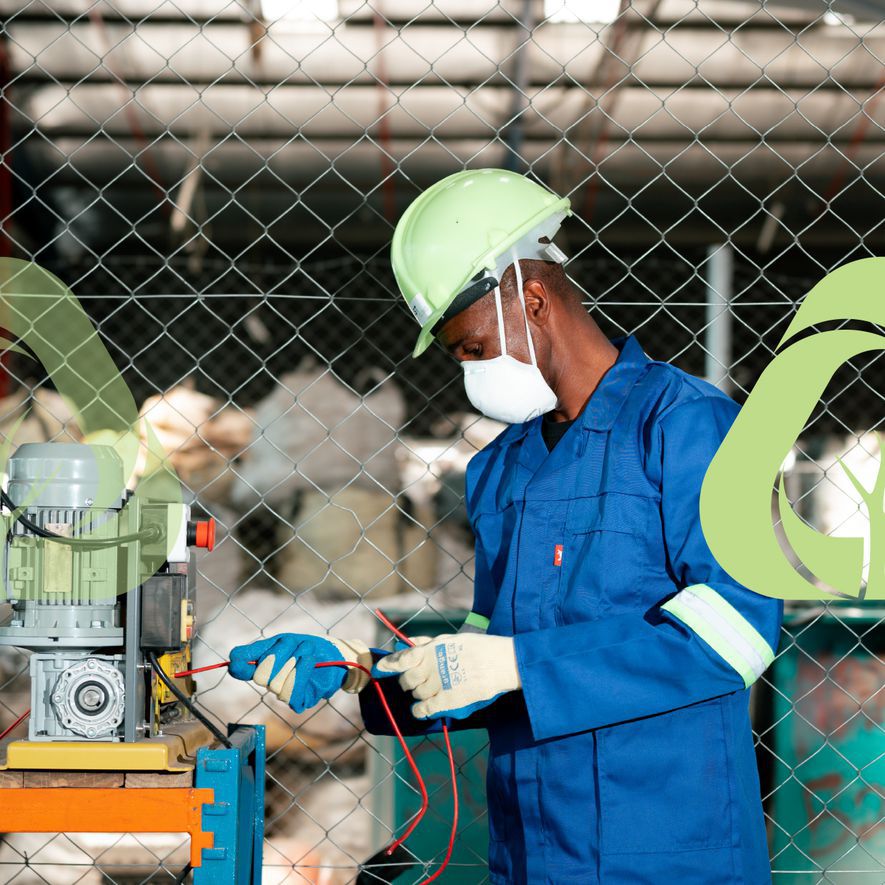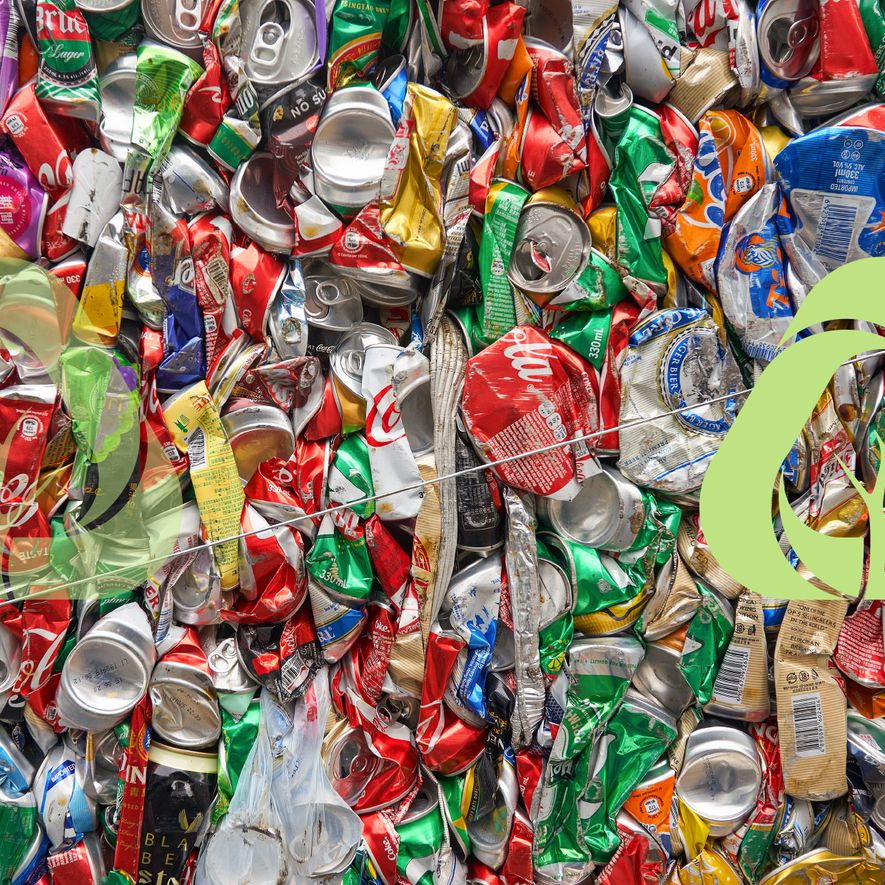NON-FERROUS METALS
RECYCLING OF NON-FERROUS METALS
As metal production increases and the availability of natural resources diminishes, it is more critical than ever to find ways to enhance the value of scrap metal for reuse.
Non-ferrous metals, including copper, nickel, aluminium, brass, and others, offer a sustainable solution, as they can be recycled indefinitely without losing their original properties. At AST Recycling, we specialize in the efficient recovery and recycling of these valuable metals. By reintroducing them into the supply chain, we help reduce the demand for virgin resources, conserve energy, and contribute to a more sustainable and circular economy.
Join us on our journey from scrap to sustainability, and let’s make recycling the key to a healthier planet. Together, we can turn waste into opportunity and build a more sustainable tomorrow!

OUR SERVICES
We don't just recycle scrap metals—we go the extra mile to save you time and ensure you receive the best service possible.
COLLECTION
We arrange hassle-free pickups to make the recycling process easy for you.
IMMEDIATE PAYMENTS
Instant EFT or cash payments. No waiting or delays.
SUSTAINABLE RECYCLING
By choosing us, you're not only recycling but also contributing to a sustainable future for our planet.

WHAT IS NON-FERROUS SCRAP?
Non-ferrous scrap is the cool cousin of metals that don’t contain much iron, which means they’re not magnetic. This category includes valuable metals like aluminum, copper, brass, nickel, lead, and zinc. What’s great about non-ferrous metals is their lightweight nature, resistance to corrosion, and fantastic conductivity, making them super useful in all sorts of industries—from construction to electronics.
Recycling non-ferrous scrap is a win-win: it helps conserve our precious natural resources and reduces environmental impact while keeping the circular economy spinning. At AST Recycling, we’re all about collecting and recycling these metals the right way, making sure they get the second chance they deserve.
THE IMPORTANCE OF RECYCLING NON-FERROUS METALS
Recycling non-ferrous (such as copper, aluminium, and brass) plays crucial role in preserving natural resources, reducing environmental impact and promoting sustainability. Here's why it is essential:
CONSERVATION OF RESOURCES
Metals are finite, and mining them depletes natural reserves. Recycling metals allows us to repurpose existing materials, reducing the need for mining and conserving resources for future generations.
ENERGY SAVINGS
Recycling metals uses significantly less energy than extracting and refining new metals. For example, recycling aluminum saves up to 95% of the energy required for primary production.
ENVIRONMENTAL PROTECTION
Mining and refining generate large amounts of greenhouse gases and pollutants. Recycling reduces emissions and helps protect ecosystems by minimizing the need for new mining operations.
ECONOMIC BENEFITS
Recycling creates jobs in collection, sorting, and processing industries while helping businesses reduce costs by providing a sustainable source of raw materials.
WASTE REDUCTION
By recycling, we keep metal waste out of landfills, preventing harmful materials from leaching into the environment.
REDUCED DEPENDENCE ON IMPORT
Recycling non-ferrous metals like copper, aluminum, and brass reduces the need to import raw materials. By reusing and repurposing existing metals, we can strengthen local industries, improve resource security, and reduce costs associated with importing new materials from other countries. This contributes to a more self-sufficient and resilient economy.